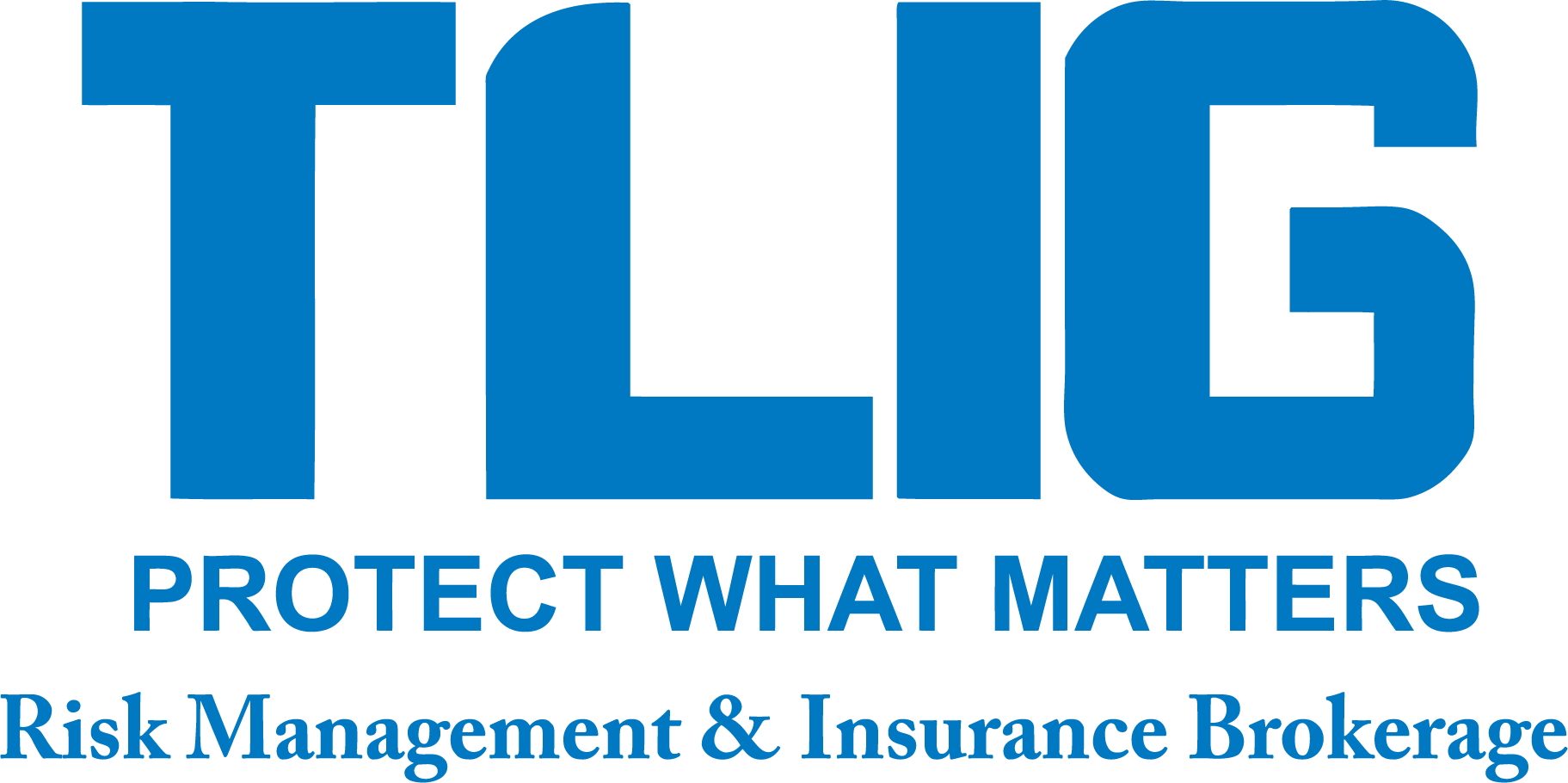Court/Judicial Bonds are generally written to satisfy a court in a legal proceeding. They can vary in terms of nature and purpose. See below for the different type of bonds that may fit your situation and Contact Us for further information.
Administrators Bond
An Administrators Bond is a bond required of the Administrator of an estate.
Appeal Bond
The Appeal Bond is a bond that is filed in lieu of judgment while waiting result of an appeal.
Attachment Bond
Attachment is a method of putting a defendant’s property into the custody of the court at the request of the plaintiff before the trial as security for the plaintiff’s claim. The plaintiff may be required to post an attachment bond to guarantee the plaintiff will pay damages caused to the defendant by the attachment if the attachment is later determined to be wrongful.
Bankruptcy Trustee Bond
A Bankruptcy Trustee Bond guarantees to the beneficiaries of a bankruptcy that the trustees, appointed in a bankruptcy proceeding, will perform their duties and handle the affairs according to the rulings of the court.
Conservator Bond
A conservator is appointed by a judge to protect and manage the financial affairs and or the person’s daily life due to physical or mental limitations or old age.
Executor Bond
*See Probate Bond
Fiduciary Bond
A Fiduciary is a person who manages the funds or assets of another. A fiduciary bond would be to benefit the owners for the wrongful management of those funds.
Garnishment Bond
When money or property belonging to a defendant has been attached while in the hands of a third party, the proceeding is called a garnishment and the third party is called the garnishee. The garnishment bond would be to cover the potential loss to the defendant if the garnishment is determined to be wrongful.
Guardianship Bond
The Guardianship Bond guarantees the legal guardian will properly perform its duties in the administration of a disabled individual or minor’s finances.
Injunction Bond
In the process of filing an injunction to prevent certain actions from taking place, it may be necessary to file a bond to protect the defendant in the event the filing of the injunction wrongfully causes loss to the defendant.
Personal Representative Bond
*See Probate Bond
Probate Bond
The Probate Bond, mandated by the court system, is to provide security that the executor will faithfully and properly administer the estate of deceased or disabled persons.
Receiver Bond
In the event of foreclosure or reorganization, receivers are appointed to handle the sale and distribution of proceeds from real estate or other property.
Release of Lien Bond
After a lien is placed on a property, a release of Lien bond will allow the release of the lien until the dispute is settled.
Replevin Bond
Replevin Surety Bonds are surety bonds required by court proceedings to ensure one is protected from financial loss due to the decision of the proceeding. The amount of the surety bond varies from state to state, and/or is set by the presiding judge. The amount of the surety bond varies. Be sure to include the required amount on the Replevin Surety bond application to appear on the surety bond.
Trustee Bond
A trustee is a person or entity who holds the assets of a trust for the benefit of the beneficiaries and manages the trust (and its assets) under the terms of the trust stated in the declaration of trust.

